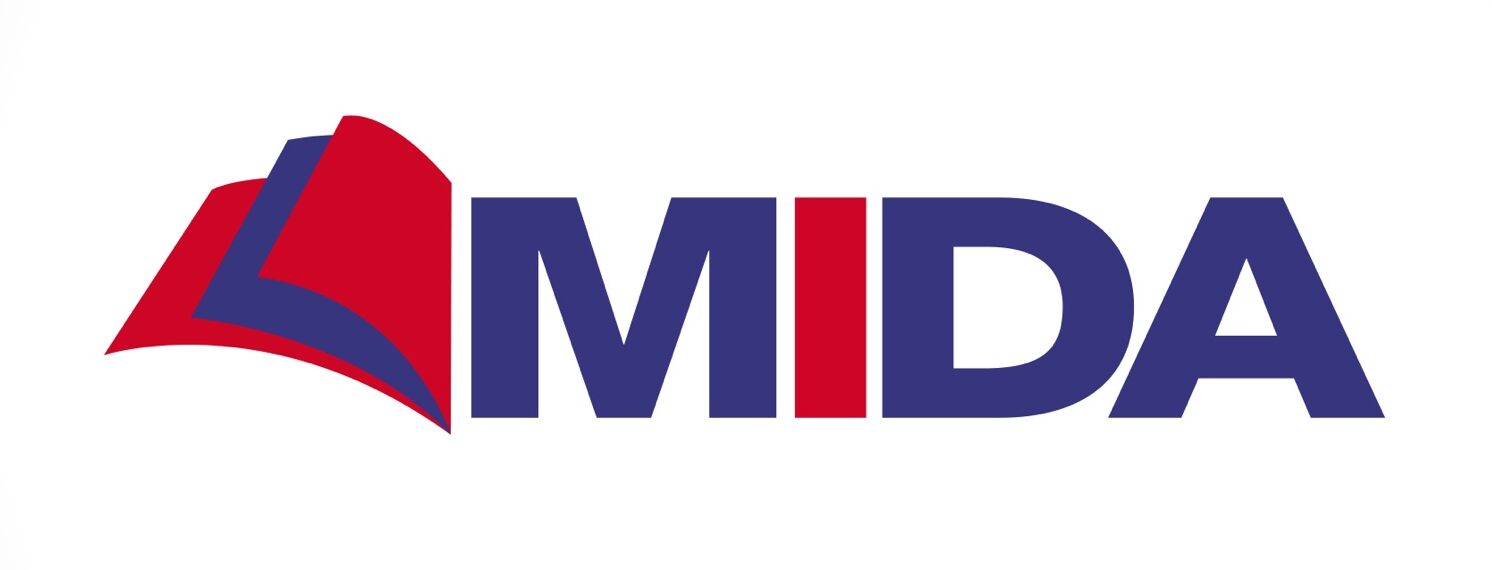Project Manager: Dr. Anandita Bajpai
Project Status: completed
The German Democratic Republic was officially recognized by the Indian government in 1972. The trade representations established in 1956, however, became the ‘official mouthpiece’ of the GDR in India. Contacts between actors from both the sides can thus be traced much before official recognition was materialised. This project calls for a historical analysis of encounters, entanglements and exchanges between university actors (from Berlin and New Delhi), which are categorised under the larger umbrella theme of ‘cultural’ relations (kulturelle Beziehungen or nichstaatliche Beziehungen) within the architecture of German archives. It aims to present a comprehensive history of the entanglements that existed among university intellectuals and how these exchanges informed life-trajectories that criss-crossed between the Indology and South Asian Studies Department at the Humboldt-Universität zu Berlin and its partner institutions like the Jawaharlal Nehru University and the Delhi University in Delhi.
The main question posed by the project is:
How were these relations between university actors from India and the GDR effected by the fact that the GDR was formally not recognised as a sovereign state by the government of India until 1972, and how did they in turn impact the question of recognition?
A working hypothesis is that an immediate concern was the question of visibility. How to make the GDR known to the people of India, so that they could push for it to be recognised officially? Prominent examples of the same are how Bertolt Brecht was popularised in India as the ‘face of the GDR’ and how the Indo-GDR Friendship societies toiled to render the GDR visible for Indians.
Traditions of intellectual interactions between East Berlin and New Delhi in the post second world war, Cold War years, remain largely understudied especially from a historical perspective. Historicizing the entangled biographies of these intellectuals can have a unique added value as it will:
1. Assist in re-interpreting the category of ‘cultural relations’ (kulturelle Beziehungen or nicht-Staatliche Beziehungen) within the internal architecture of Berlin’s archives by elucidating how the spheres of intellectual exchange(s), cultural politics and state politics often merged and have impacted the lives of actors deemed to be outside the ambit of formalized state politics.
2. Internationalise the audience that engages with the entangled histories of university intellectuals from the GDR and India. Indian/international audiences at large have hitherto had relatively minimal access to oral historical accounts and micro histories of such exchanges due to linguistic limitations. The resulting manuscript of this project will be in English (followed by an eventual German translation) in order to internationalise the perceived audience of the work.
3. Give due weight to oral history. This can be an invaluable source, hitherto unexplored, for tracing the history of interconnections between the two academic worlds in focus. Most of the East Berlin intellectuals lost their positions after the fall of the Berlin Wall (1989), when commissions from West Germany decided their future. The project aims to resituate their historical presence in archives by making a critical intervention through oral history. The surplus of this project is that it is a historical analysis of entanglements not just of people but also an analysis of entanglements of academia, culture and politics in a very particular historical / institutional moment (Cold War, nation building processes in nascent states like the FRG, India and the GDR, the unrecognized status of the GDR).
4. Present the Indian academics as active mutual co-shapers of these exchanges and does not reduce them to passive receivers of cold war politics, which was being staged in numerous theatres in Europe.
